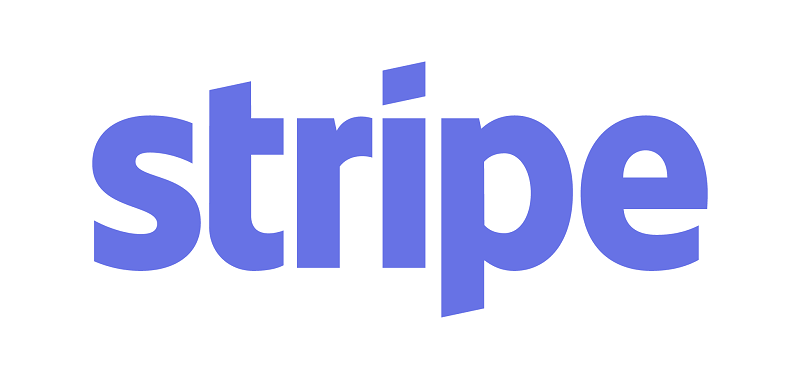Whether your business has a physical store or online or you provide invisible services such as consulting and advisory, you will likely hear the term merchant account because they involve processing payment.
But you have to know who is a merchant and what is a merchant account, the type that fits into your needs and how it can help your business to grow.
Who is a merchant?
A merchant is a person or business or organization that accepts payments from customers for goods or services rendered irrespective of location.
If you’re a software developer that accepts payment for the services rendered, a content creator that accepts paid subscriptions or you are a video editor who delivers and accepts payment, you are a merchant.
Meaning of merchant account
A merchant account is a bank account that is specifically designed to accept payments from customers via debit/credit cards or other electronic transfers. It is not a standard bank account but is used to hold onto funds before they are transferred to the merchant’s primary business bank account.
However, there are some marketplaces or platforms such as eBay, Etsy, and Amazon that also have an in-built merchant account for their merchants.
How does it work?
Step 1: Opy buys Astra WordPress Theme online (note: some products may also be bought in-store)
Step 2: Opy uses his Debit Card for payment. The card details are sent to the merchant account with the details of the purchase, then the bank sends the information to the card issuer such as MasterCard, VISA, AmericanExpress.
Step 3: Then the card issuer sends the purchase details to Opy’s bank to approve or deny.
Step 4: If the issuing bank sends an approval response to the merchant’s account, the process is completed.
Step 5: The payment is deposited into the merchant’s account, from there the holder can request withdrawal to his main business or personal bank account.
Merchant account providers
There are hundreds of merchant account providers that help sellers and service providers to set up merchant accounts for them to easily accept card payments. As the world is aggressively moving to develop the SME sectors, most commercial institutions now have their merchant account services such as Flash2Pay by Guaranty Trust Bank.
But beyond that, here are some of the globally recognized payment processor that will bring the advantages of merchant account to your business:
- PayPal
- Stripe
- Flutterwave
- Square
- Chase Paymentech
- Helcim
- PaymentCloud
- Skyflow
- PayStack
- Paysafe
- Elevon
- Interswitch
- Payment Depot
- Stax
- QuickBox
- 2Checkout
- EVO Payment
- Merchant One
However, some merchant services providers usually offer a wider range of services that include payment processing and also broader business support services such as payment gateway.
Types of Merchant Accounts
Ready to set up a merchant account for your business or services? That’s fine, but you need to understand the various types that are available for your use. Here are the six popular accounts you can choose for your business:
Internet merchant accounts
If you have software, games, and themes listed on your website for sale, an internet merchant account will be the solution because it will enable you to integrate payments into your website and accept online payments securely.
Security features such as encryption and fraud prevention tools are usually integrated into internet merchant accounts for it to be safe for use.
Retail merchant accounts
If you operate a storefront, this may be ideal for you because retail merchant accounts are specifically designed for business owners, who have a physical presence and are equipped with point-of-sale (POS) systems to process in-person transactions through card payment.
This type will benefit your business because of the lower processing fee, especially for face-to-face transactions.
Aggregate Merchant Accounts
This account allows payment service providers to pool transactions from various merchants into a single account.
Shared by multiple businesses, aggregate merchant accounts are also known as third-party merchant accounts. It is convenient for small businesses but it comes with higher fees.
Mobile Merchant Accounts
If you operate a business that the traditional POS may not be ideal, mobile merchant accounts should fit in. This form of account allows you to accept payments via the use of mobile devices, therefore transforming a mobile phone to a payment terminal.
Mail Order/Telephone Order (MOTO) Merchant Accounts
MOTO merchant accounts will be a good fit if your business relies primarily on mail orders or telephone orders. MOTO merchant accounts allow merchants to manually enter their credit card information obtained via mail or phone, enabling transactions without the physical card presence.
High-Risk Merchant Accounts
If you operate businesses such as online gaming and provide travel services or any other businesses that may involve chargeback, a high-risk merchant account will be best suited for you because it involves a higher risk of account maintenance.
Takeaways:
If you operate a business or offer services and want a simple method of payment, you will need to set up a merchant account.
Your service or kind of business you operate will determine the type of merchant account to set up. Internet merchant accounts, retail merchant accounts, and mobile merchant Accounts are the most popular ones.
A merchant account is not your primary business bank account, but a special account designed to accept payments from your customers via payment cards or other electronic transfer.


BD E-Money for payment on my account is on the ra’s as well with everything 💯 for payment